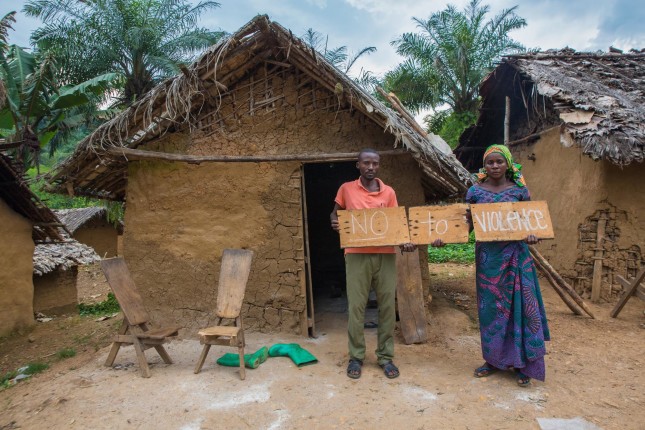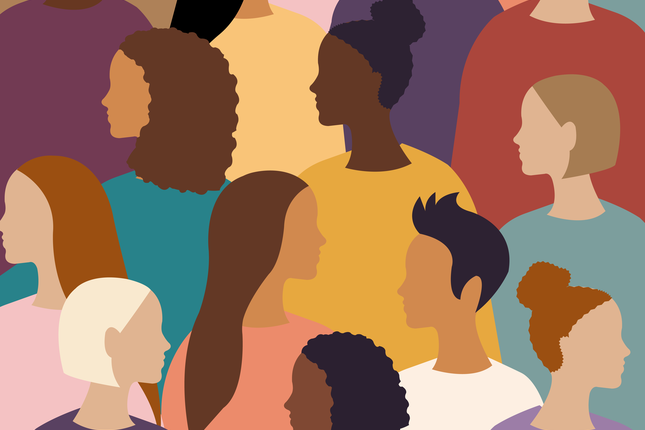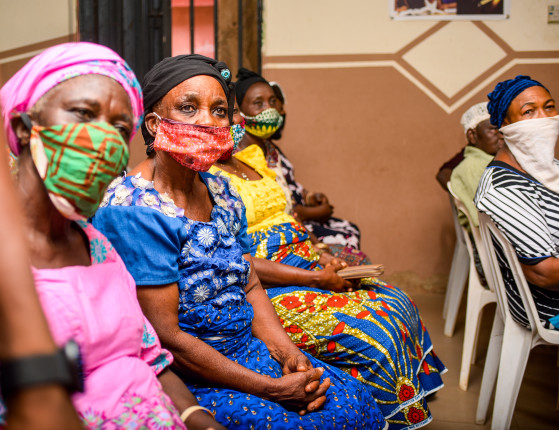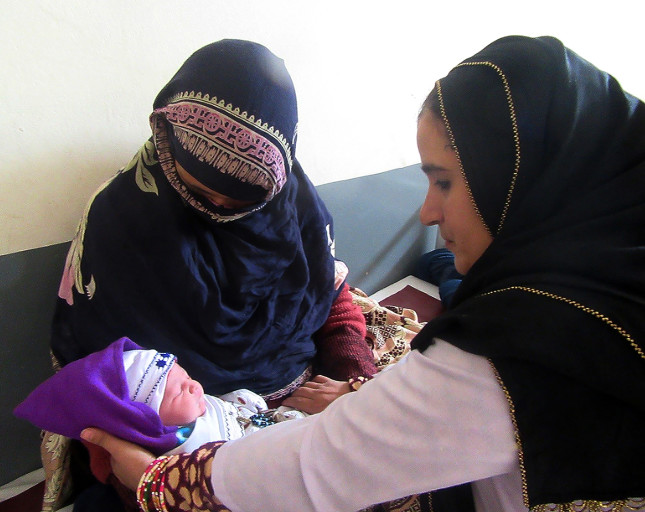-
Top 5 Dot-Mom Guest Contributor Posts in 2022
›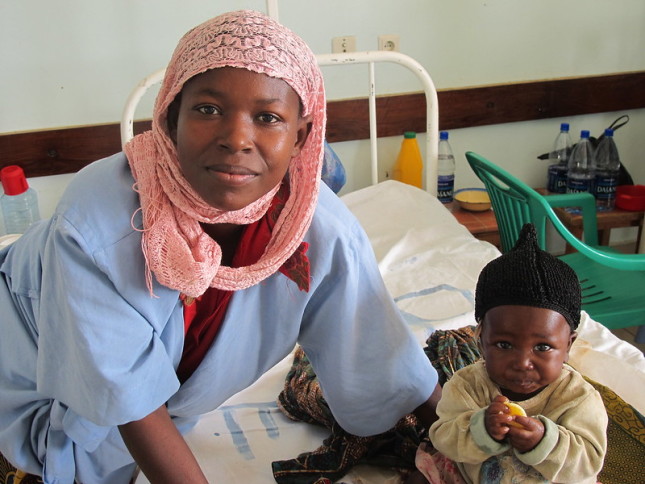
In 2022, the Dot-Mom column published several pieces from expert guest authors from the greater maternal and reproductive health community. In our top read guest contributor piece of the year, Susie Jolly examined the role of colonialism in sexuality education globally. Jolly highlighted examples where sexual health knowledge is built on unethical medical research carried out on racialized people, such as the study of untreated syphilis among Black men in the United States. Sexuality educators, especially those placed in the Global North, have a responsibility to work to decolonize their work. Jolly suggests supporting resources led by marginalized people, critically examining colonialism’s influence in the understanding of sexuality, and shifting the dynamics of who decides on content to lend more weight to non-Western expertise and young people learning from their own experiences.
-
Gender-Based Violence Continues to Impede Progress Towards Gender Equality
›
“COVID-19 and the backlash against women’s sexual and reproductive health and rights are further diminishing the outlook for gender equality,” states a recent report on the current progress toward gender equality across all 17 Sustainable Development Goals (SDGs) from the United Nations Entity for Gender Equality and the Empowerment of Women (UN Women) and the Department of Economic and Social Affairs. Yet the new report also zeroes in on another factor that is diminish progress on gender equality: violence. The authors observe that “violence against women remains high, global health, climate and humanitarian crises have further increased risks of violence, especially for the most vulnerable women and girls, and women feel more unsafe than they did before the pandemic.”
-
Moving in Opposite Directions: Abortion Rights in Latin America and the United States
›In its June 2022 decision, Dobbs v. Jackson Women’s Health Organization, the U.S. Supreme Court abandoned decades of precedent to strike down the constitutional right to abortion. This ruling—and a shift in regulatory power over abortion to individual states—is having a profound impact in American society. Already, a record number of abortion measures are on ballots to protect or abolish abortion rights. In many states, the fight over abortion access continues to take place in courtrooms. Far from settling the matter, the Supreme Court’s ruling showcases the deep divide over abortion in American society.
-
Cascading Impacts of the War in Ukraine: Mental, Maternal, and Newborn Health
›Ukraine and its people will feel the effects of the Russian invasion for years to come. More than 6 million refugees have left Ukraine, another 8 million Ukrainians are internally displaced. Among those most impacted are Ukraine’s women and girls, who have a greater chance of experiencing gender-based violence, exploitation, and trafficking. They also face escalated maternal and newborn mortality rates stemming from lack of services and diminished care, as well as injuries and trauma due to the ongoing conflict. Less visibly, Ukrainians are confronting severe emotional distress and trauma.
-
Chaos Continues: The Impact of the Revocation of the Global Gag Rule
›
Many researchers have documented the impact of the Global Gag Rule (GGR) around the world—and what happens when the policy is in place. “But we don’t know enough about what happens when the policy is revoked,” said Bergen Cooper, Director of Policy Research at Fòs Feminista at the launch of the organization’s new report, Chaos Continues: The 2021 Revocation of the Global Gag Rule and The Need for Permanent Repeal.
-
#BringBackOurGirls: Ecofeminism, Climate, and Conflict
›
On the night of April 14, 2014, a group of militants attacked the Government Girls Secondary School in Chibok, Nigeria. They kidnapped 276 female students, ranging from ages 15 to 19 years. An armed group called Boko Haram claimed responsibility for the kidnapping.
-
It’s Not Ok: How Data from Nigeria Reveals the Role of Addressing Community Attitudes to End Violence Against Women
› -
Raising Momentum for Integrating Respectful Maternity Care in Humanitarian Settings
›
Greater than one third of all women experience mistreatment during facility-based childbirth. Mistreatment, particularly in humanitarian settings, may include verbal or physical abuse, poor patient-provider rapport, a lack of information about maternal and newborn health (MNH) services for both pregnant women and providers, lack of privacy within facilities, challenges with receiving informed consent from women for medical procedures due to language and cultural barriers, and denied or delayed care. Such mistreatment can stem from historical tensions between populations seeking care and health workers (both foreign and local) as well as systemic mistreatment of providers who are burned out and possibly carry their own biases. Evidence shows that some women delay seeking care, or avoid care entirely because of social fears stemming from negative stigma or negative perceptions of their situation.
Showing posts from category GBV.


